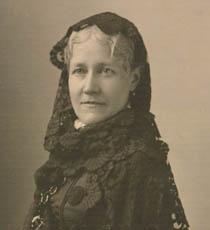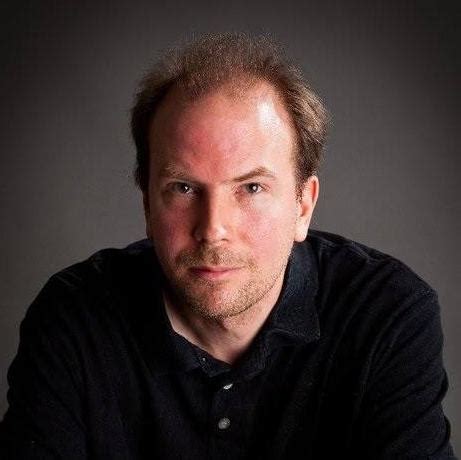A Quote by Plato
For the poet is a light winged and holy thing, and there is no invention in him until he has been inspired and is out of his senses and the mind is no longer with him. When he has not attained this state he is powerless and unable to utter his oracles.
Related Quotes
For the poets tell us, don't they, that the melodies they bring us are gathered from rills that run with honey, out of glens and gardens of the Muses, and they bring them as bees do honey, flying like the bees? And what they say is true, for a poet is a light and winged thing, and holy, and never able to compose until he has become inspired, and is beside himself, and reason is no longer in him. So long as he has this in his possession, no man is able to make poetry or to chant in prophecy.
Some souls think that the Holy Spirit is very far away, far, far, up above. Actually he is, we might say, the divine Person who is most closely present to the creature. He accompanies him everywhere. He penetrates him with himself. He calls him, he protects him. He makes of him his living temple. He defends him. He helps him. He guards him from all his enemies. He is closer to him than his own soul. All the good a soul accomplishes, it carries out under his inspiration, in his light, by his grace and his help.
Every time that a man has, with a pure heart, called upon Osiris, Dionysus, Buddha, the Tao, etc., the Son of God has answered him by sending the Holy Spirit. And the Holy Spirit has acted upon his soul, not by inciting him to abandon his religious tradition, but by bestowing upon him light. It is, therefore, useless to send out missions to prevail upon the peoples of Asia, Africa or Oceania to enter the Church.
The nephew revenges himself for this, by holding his breath and terrifying his kinswoman with the dread belief that he has made up his mind to burst. Regardless of whispers and shakes, he swells and becomes discoloured, and yet again swells and becomes discoloured, until the aunt can bear it no longer, but leads him out, with no visible neck, and with his eyes going before him like a prawn's.
Another editor. That thing behind his ear is his pencil. Whenever he finds a bright thing in your manuscript he strikes it out with that. That does him good, and makes him smile and show his teeth, the way he is doing in the picture. This one has just been striking out a smart thing, and now he is sitting there with his thumbs in his vest-holes, gloating. They are full of envy and malice, editors are.
Since the foundation of the world man has had nearly all the forces on his side, working with him and for him; his intellect has been stimulated, while that of woman has been abased; he has had the run of the world and all quickening and brightening things, while she has sat in the cinders, and until of late been illumined only by his reflected light.
The poet's, the writer's, duty is to write about these things. It is his privilege to help man endure by lifting his heart, by reminding him of the courage and honor and hope and pride and compassion and pity and sacrifice which have been the glory of his past. The poet's voice need not merely be the record of man, it can be one of the props, the pillars to help him endure and prevail.
His heart is a desert island.... The whole scope, the whole energy of his mind surround and protect him; his depths isolate him and guard him against the truth. He flatters himself that he is entirely alone there.... Patience, dear lady. Perhaps, one day, he will discover some footprint on the sand.... What holy and happy terror, what salutary fright, once he recognizes in that pure sign of grace that his island is mysteriously inhabited!






































